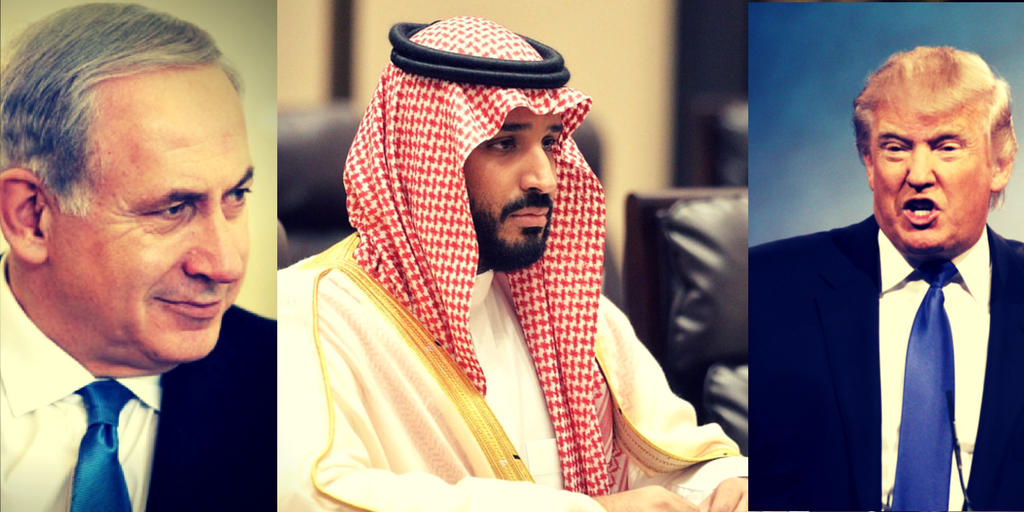The news has been abuzz since yesterday when Bahrain’s King Hamad bin Isa Al Khalifah called for the end of the Arab boycott of Israel and even said he allowed his citizens to travel there. This surprise announcement came within a meeting held in Bahrain with Rabbis Marvin Hier and Abraham Cooper, who head the Wiesenthal Center. The King has announced his desire to establish a Museum of Religious Tolerance in Bahrain’s capital before 2018.
The announcement maybe a shock to the word outside the Middle East, but King Hamad is considered to be one of the more tolerant rulers in the Middle East. Bahrain boasts a multi religious society where religious tolerance is seen as a virtue. There are Mosques, Churches, Hindu and Buddhist Temples and yes a Synagogue.

Last year, the King made waves by his hosting a public Chanukkah lighting ceremony.
Jews who have lived in Bahrain since Talmudic times, numbered 1,500 in Bahrain until 1947 when pro-Palestinian outsiders came and rioted, forcing many Jews to flee the island nation. Most observers support the assertion that the local Bahraini Arabs actually protected their Jewish neighbors from the outsiders. When the same thing occurred in 1967, most of the remaining Jews fled to Israel or England. There are presently 30 to 50 Jews remaining in the Kingdom, with one Jew Houda Nonoo, a woman having served in its 40 person parliament as its ambassador to the USA.
So what is behind this announcement and why now?
With the Saudi Crown Prince moving to take over from his ailing father in the coming months in conjunction with the Sunni bloc’s desire to hold back the formation of Russian backed Shiite crescent connecting the Mediterranean with Tehran, leaders in the UAE, Saudi Arabia, and Bahrain see Israel as an anchor to which they can hold the region’s future to.
Crown Prince Mohammed bin Salman cannot make a public overture with his future leadership still in question, but King Hamad can. His overture is not a policy shift in a defined sense, but a preparation for the coming overt alliance, that has been hinted at in Jerusalem and Washington.
Palestinian Issue Has Peaked
The Sunni Arab bloc, understanding that the Palestinian national movement had been a useful tool since 1967 have drawn a conclusion that the trojan horse not only has failed, but has spawned the very terrorism in strategy and tactics tha threatens their own regime. It cannot be folded up in a day, but the understanding that Israel is not going anywhere and given the impossibility of a “Palestinian” State, the Gulf Arabs have clearly decided that a deal with Israel is more important than keeping the false narrative of the “Palestinian People” going.
The deal that has more than probably been reached behind the scenes is an acceptance of the status quo by all sides. In effect it is a permanent Oslo Accords until something better comes along. For the Arabs, they can make due with saying disputed territories as opposed to occupied and the Israelis can finally gain a measure of regional integration and leadership.
King Hamad’s announcement is the first key indication that the Sunni Arab bloc is ready to publicly accept Israel. What follows after maybe a far bigger vision for the Middle East than previously thought.




